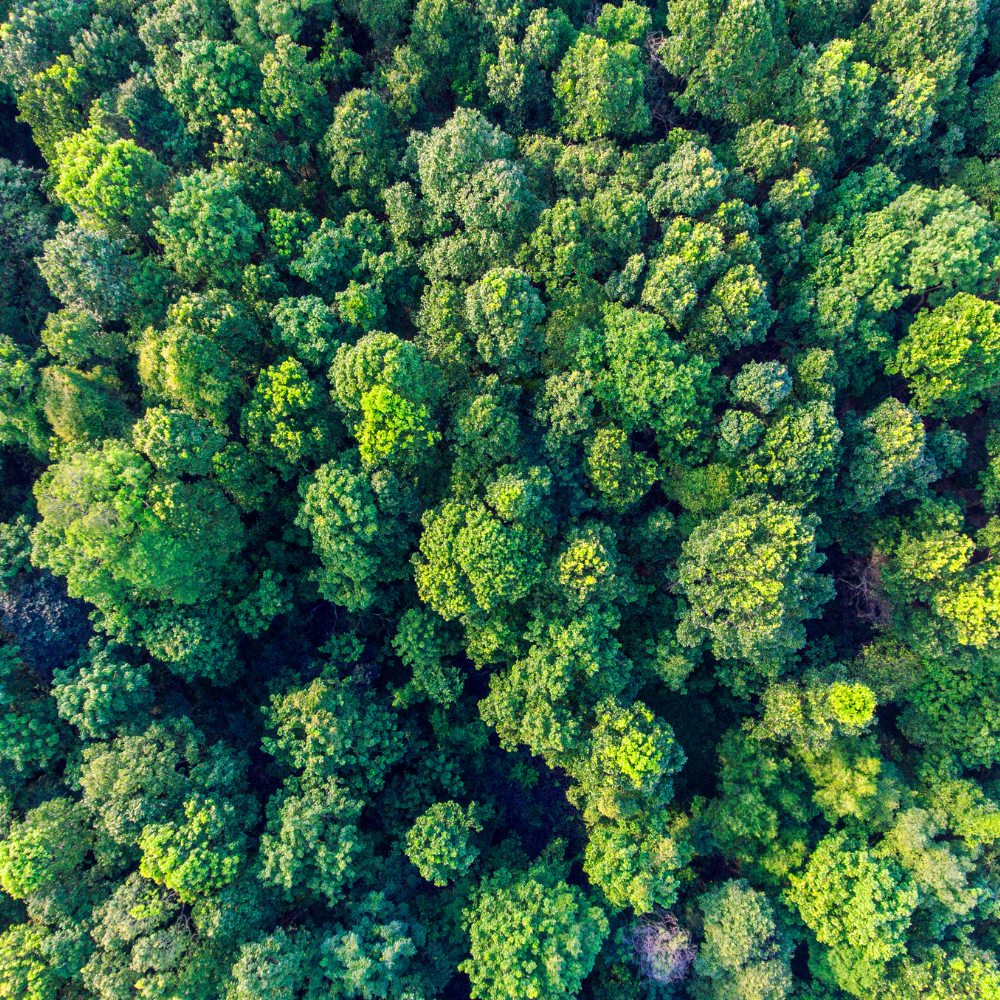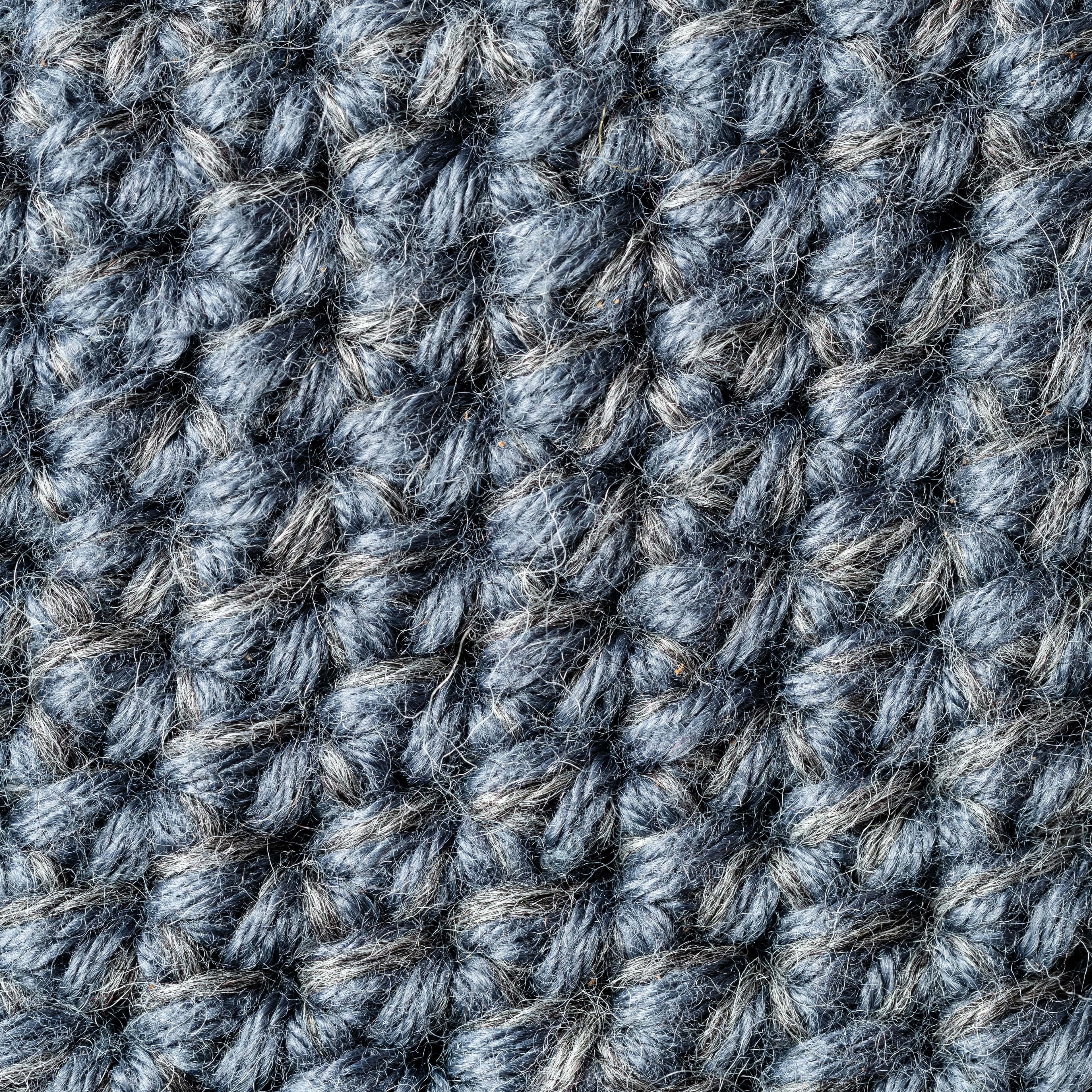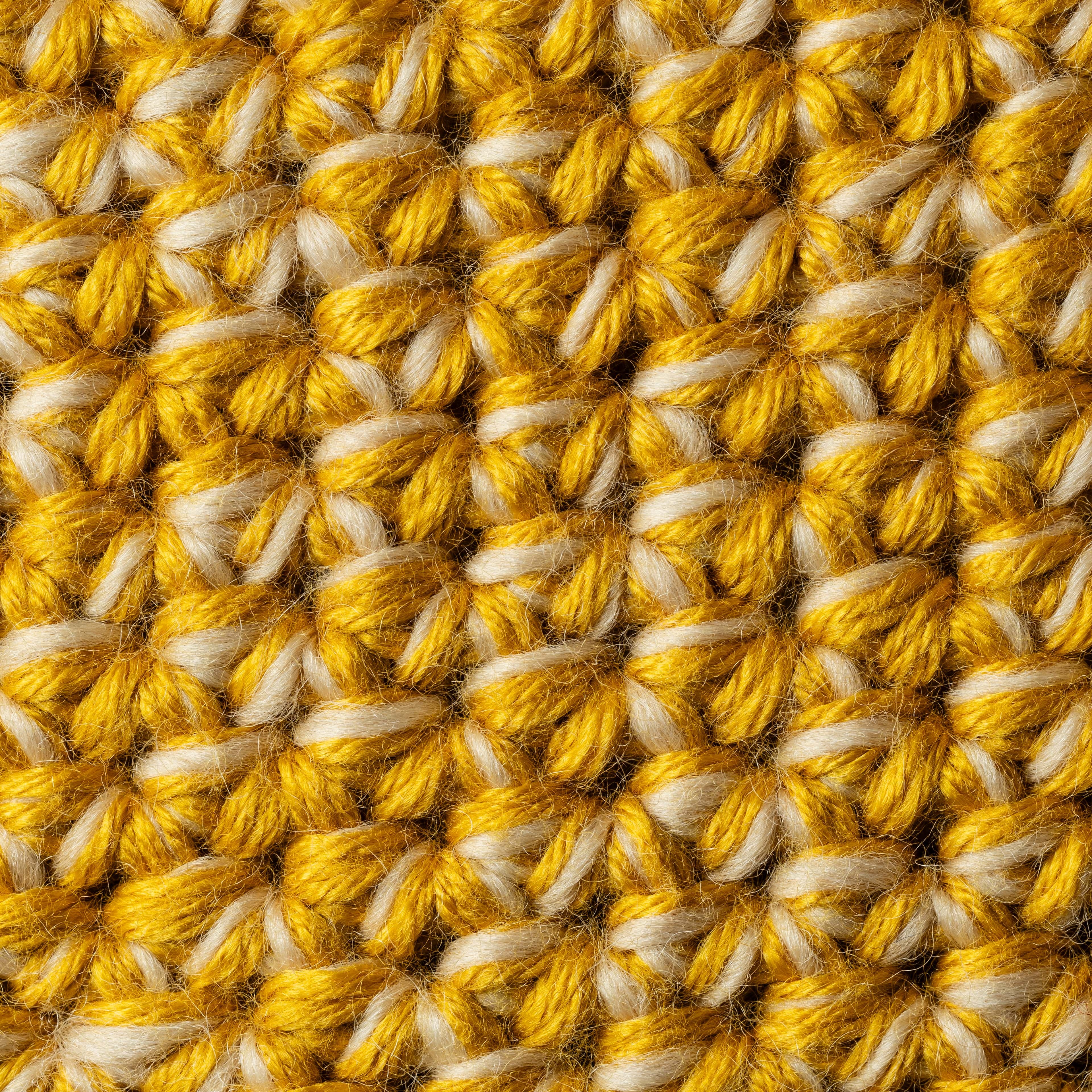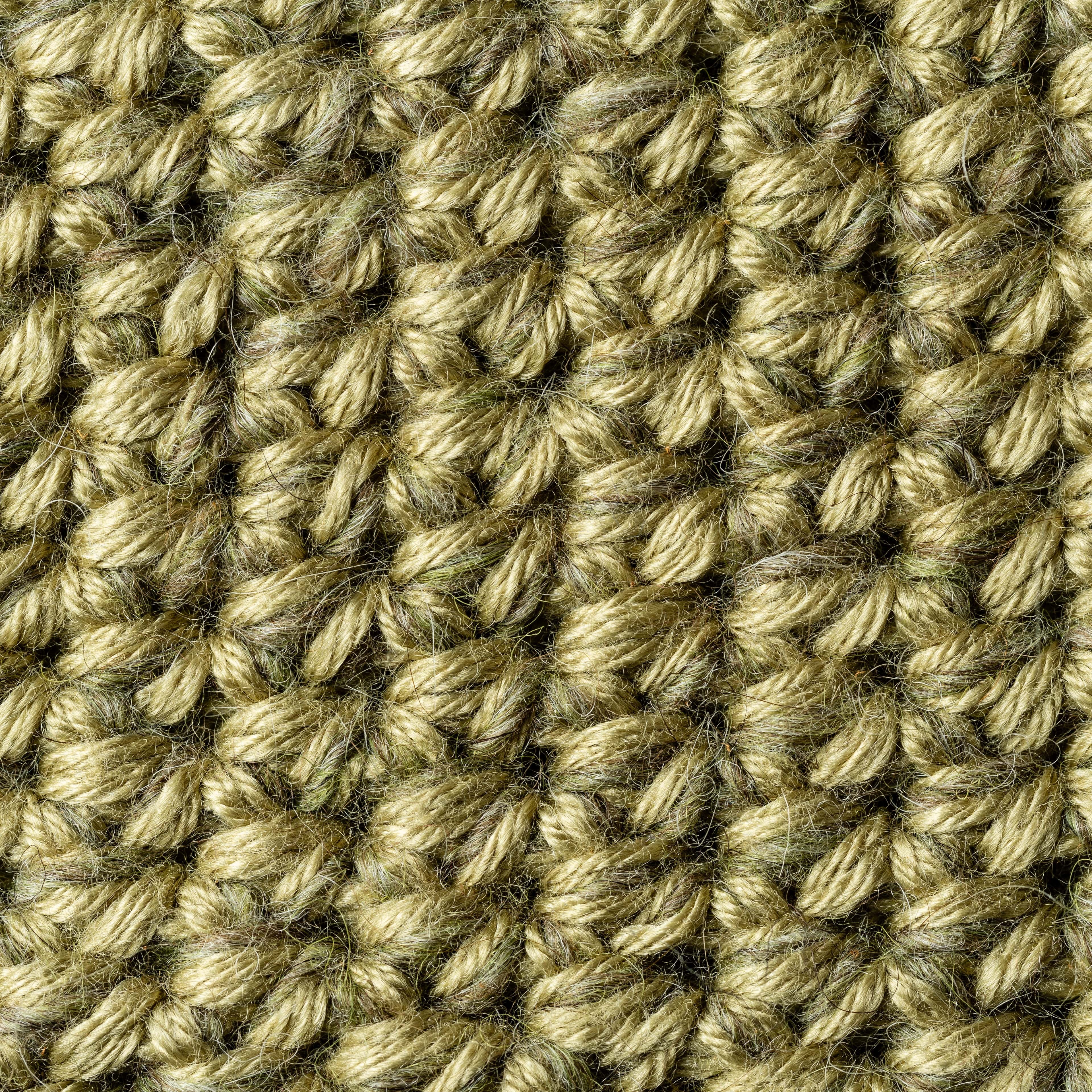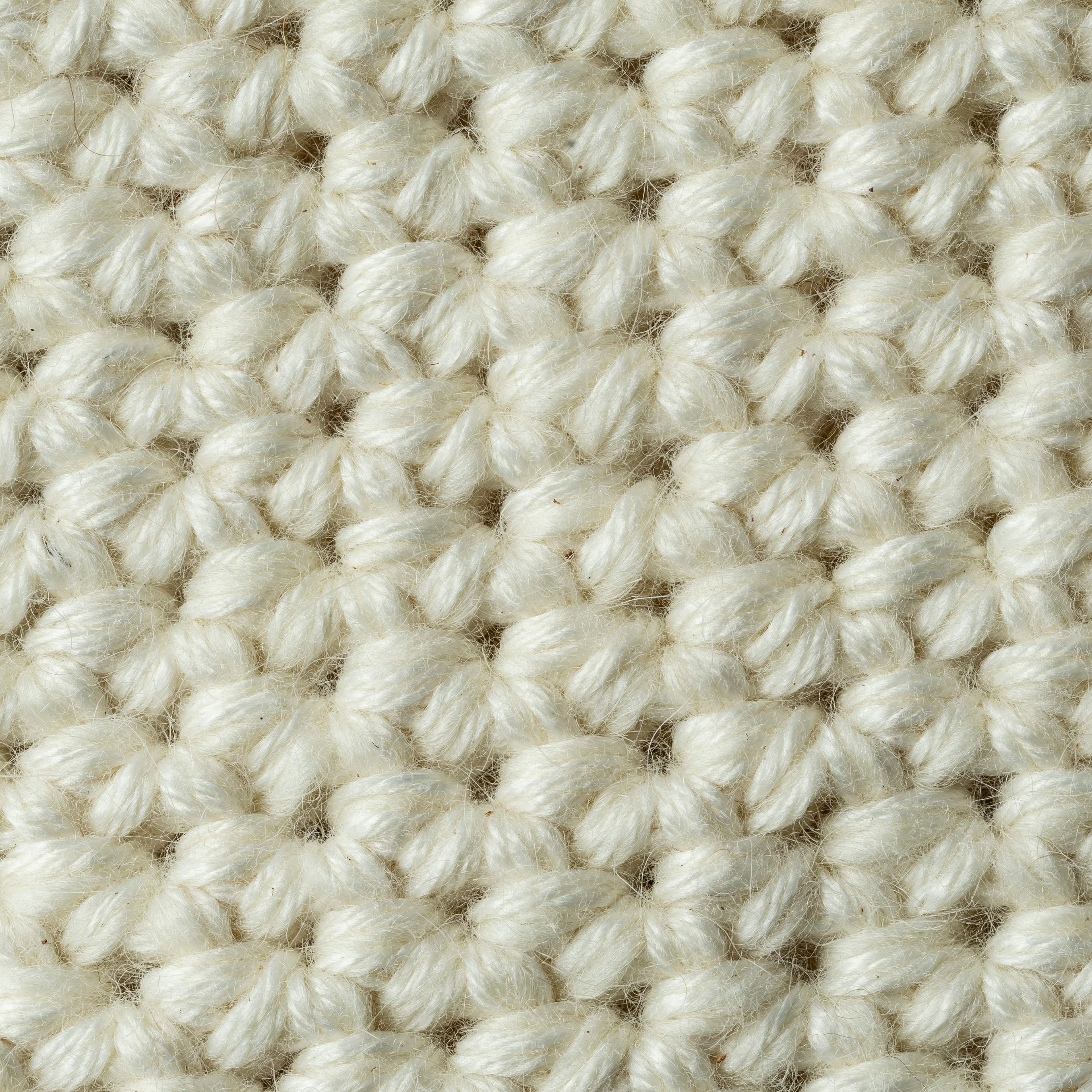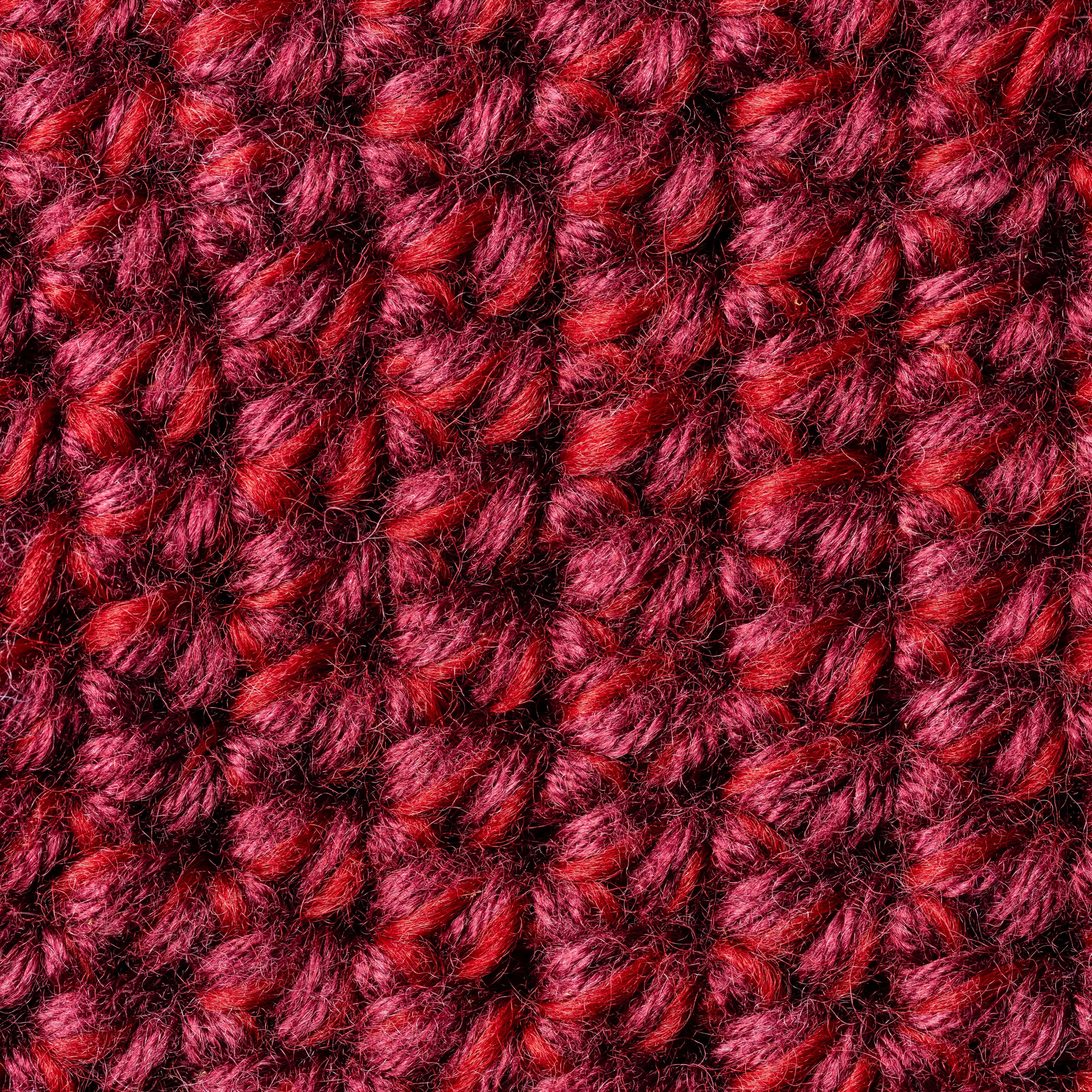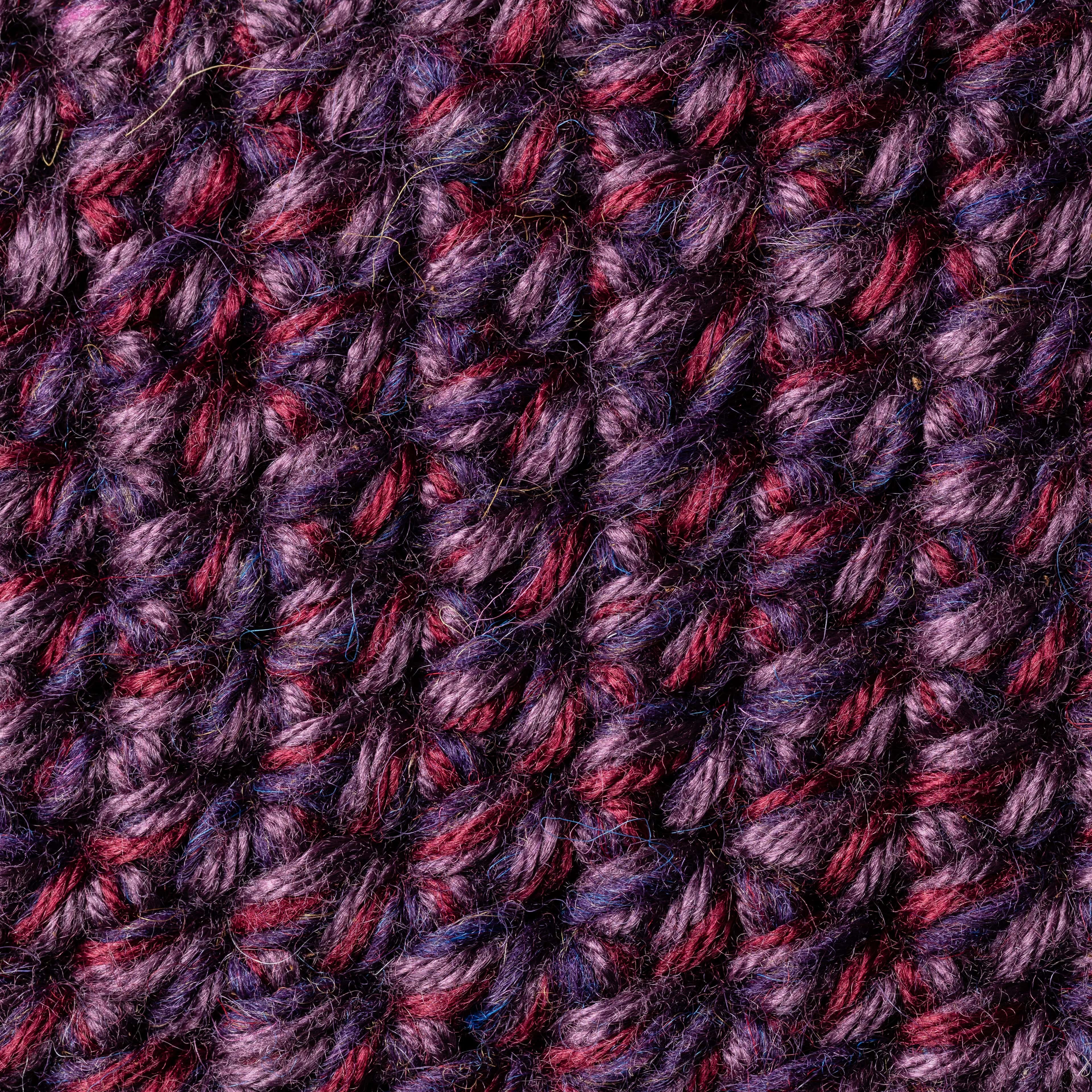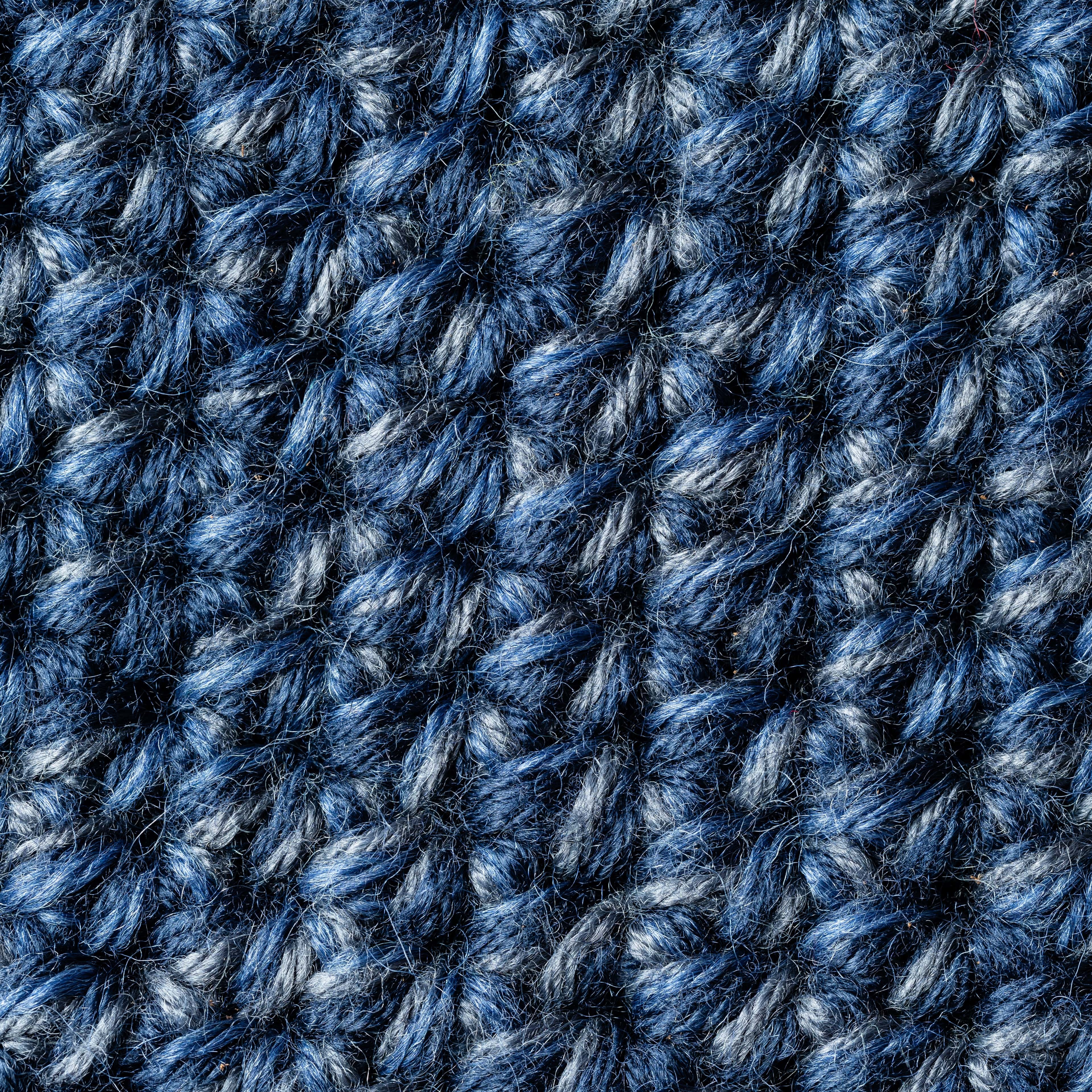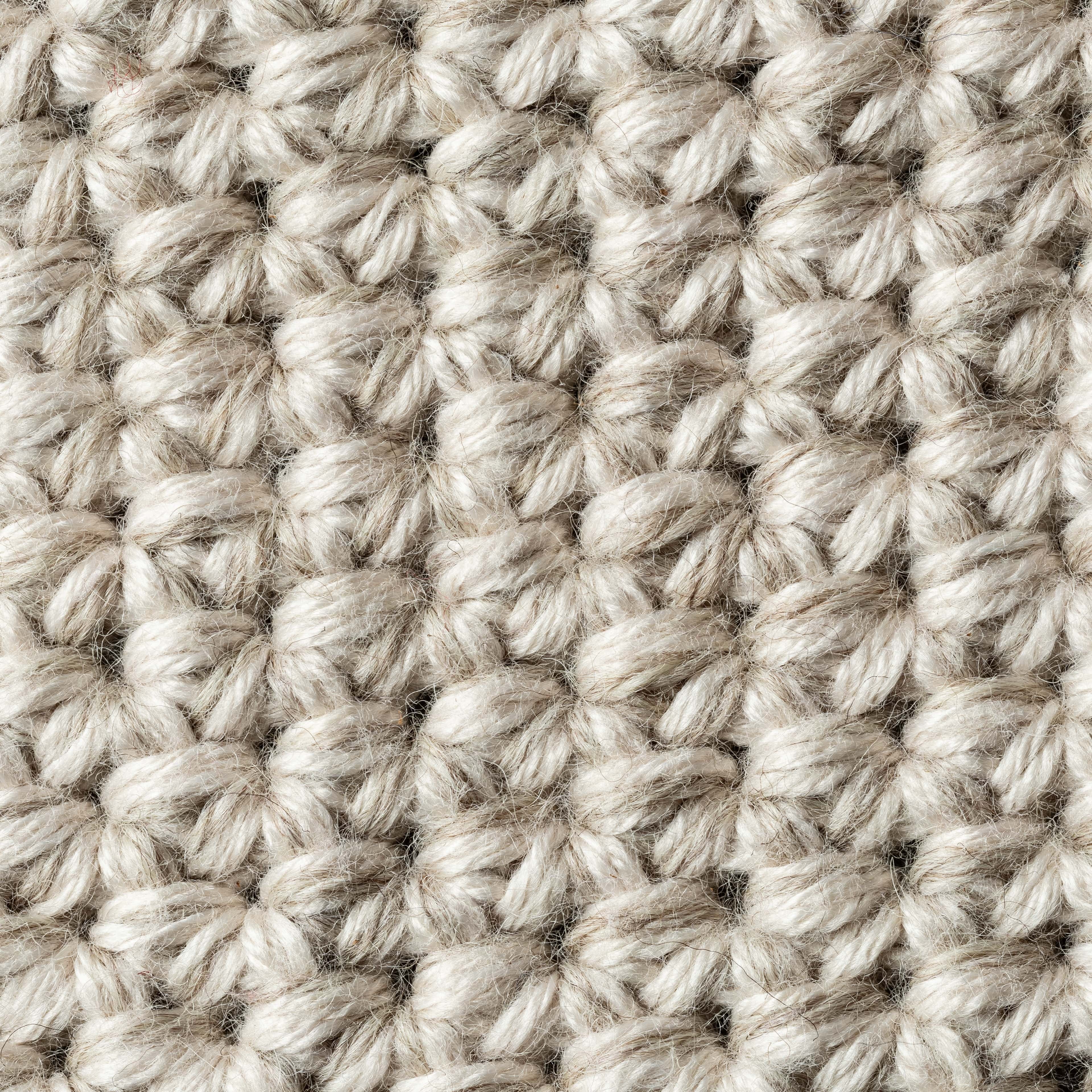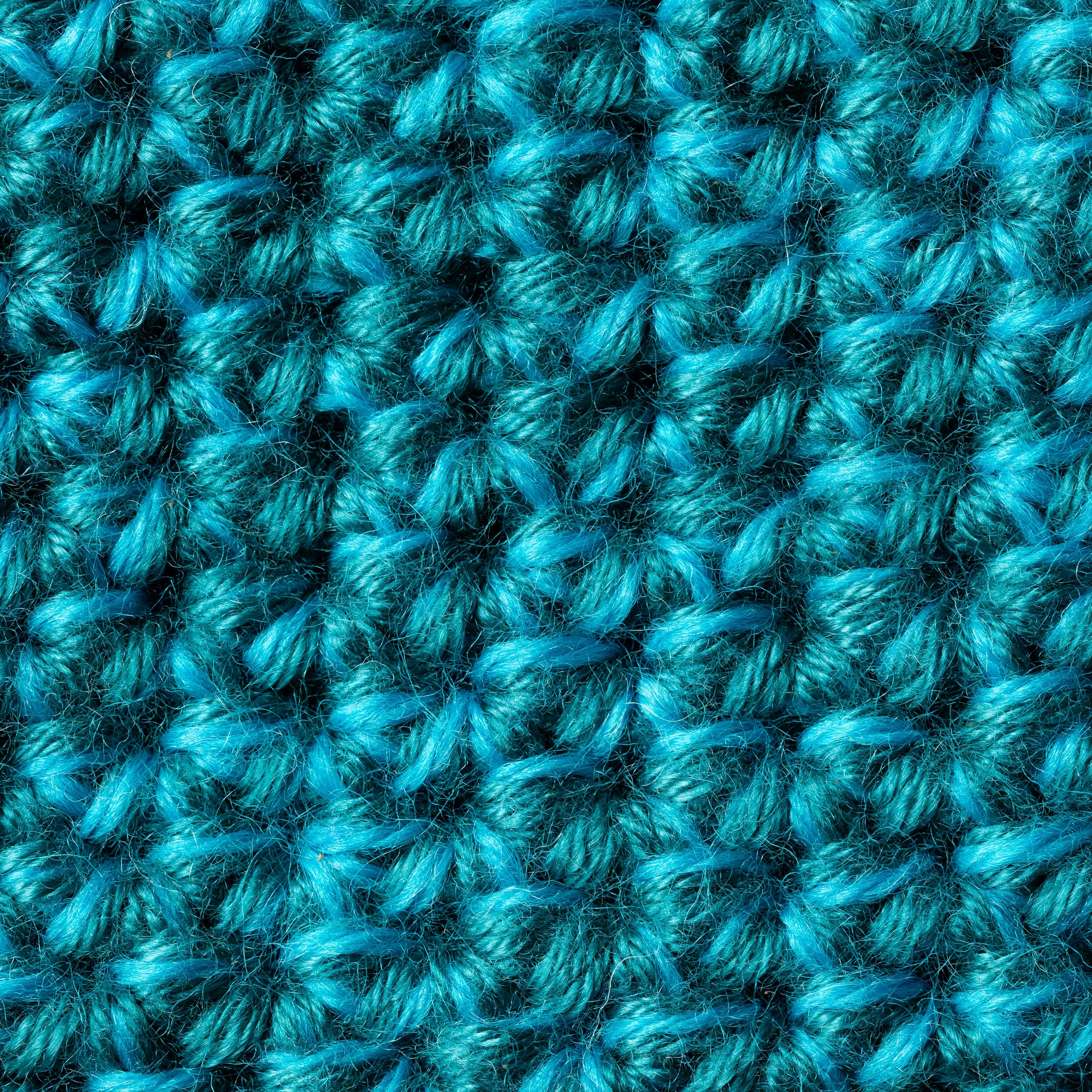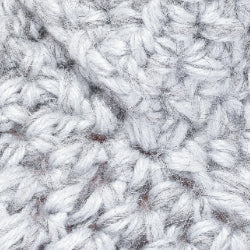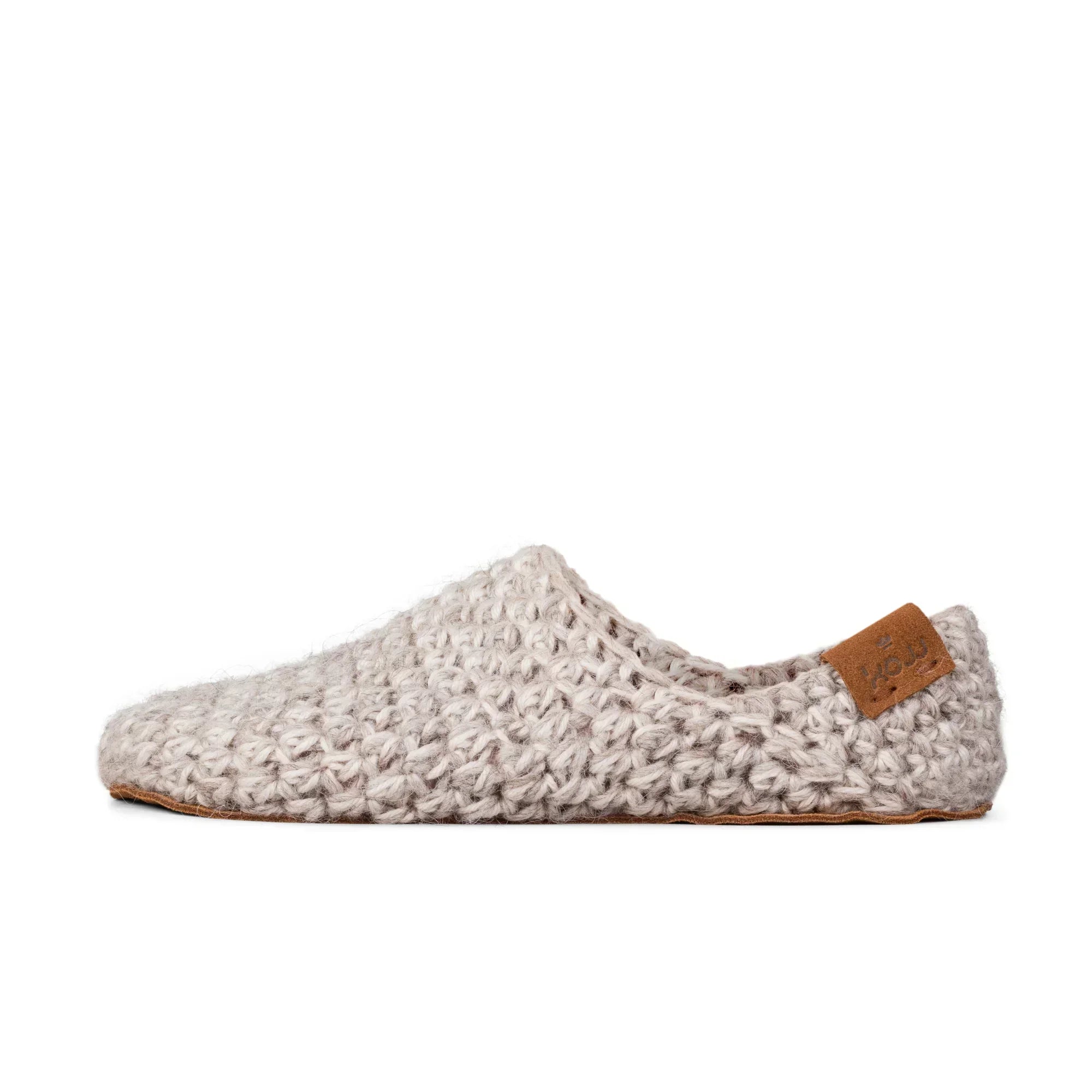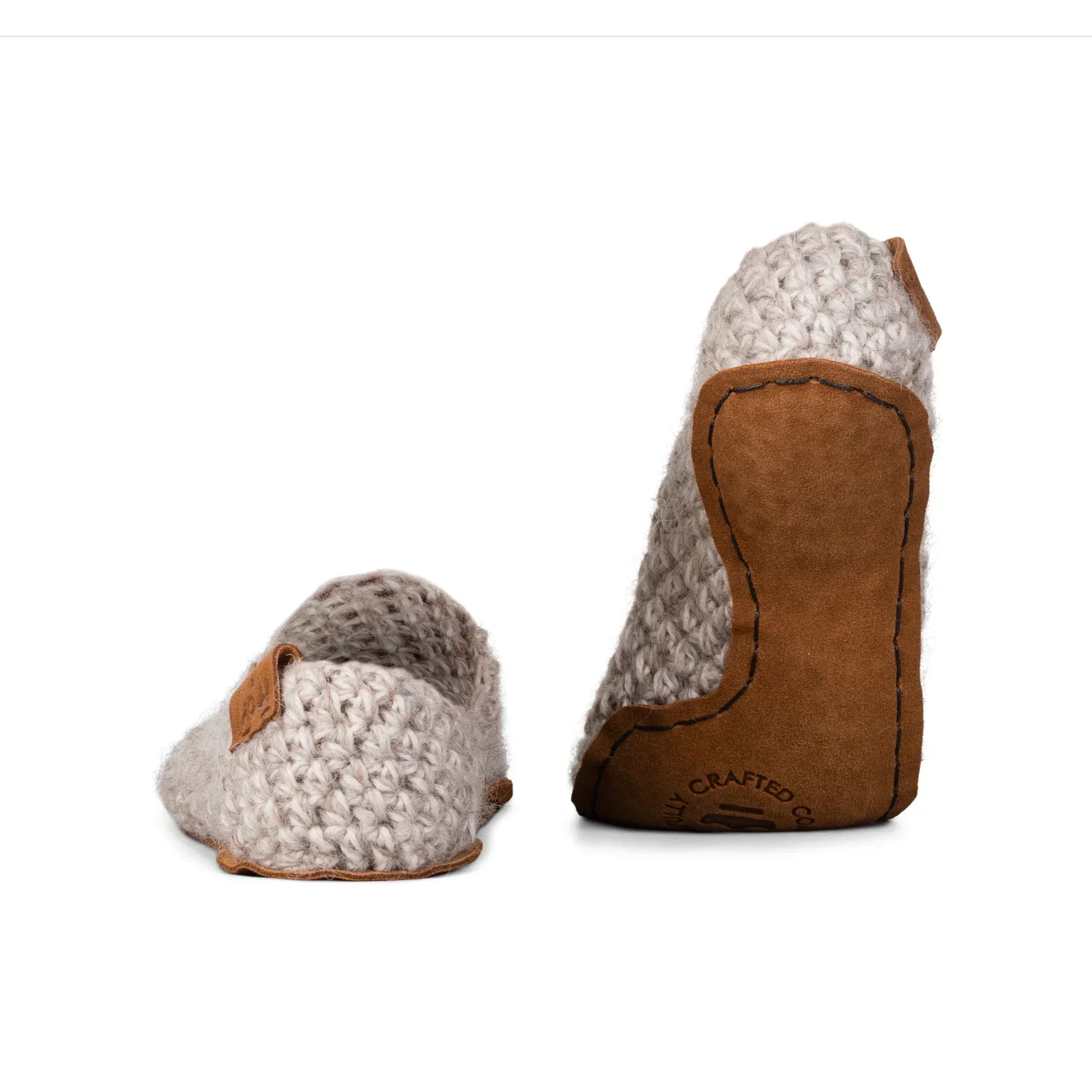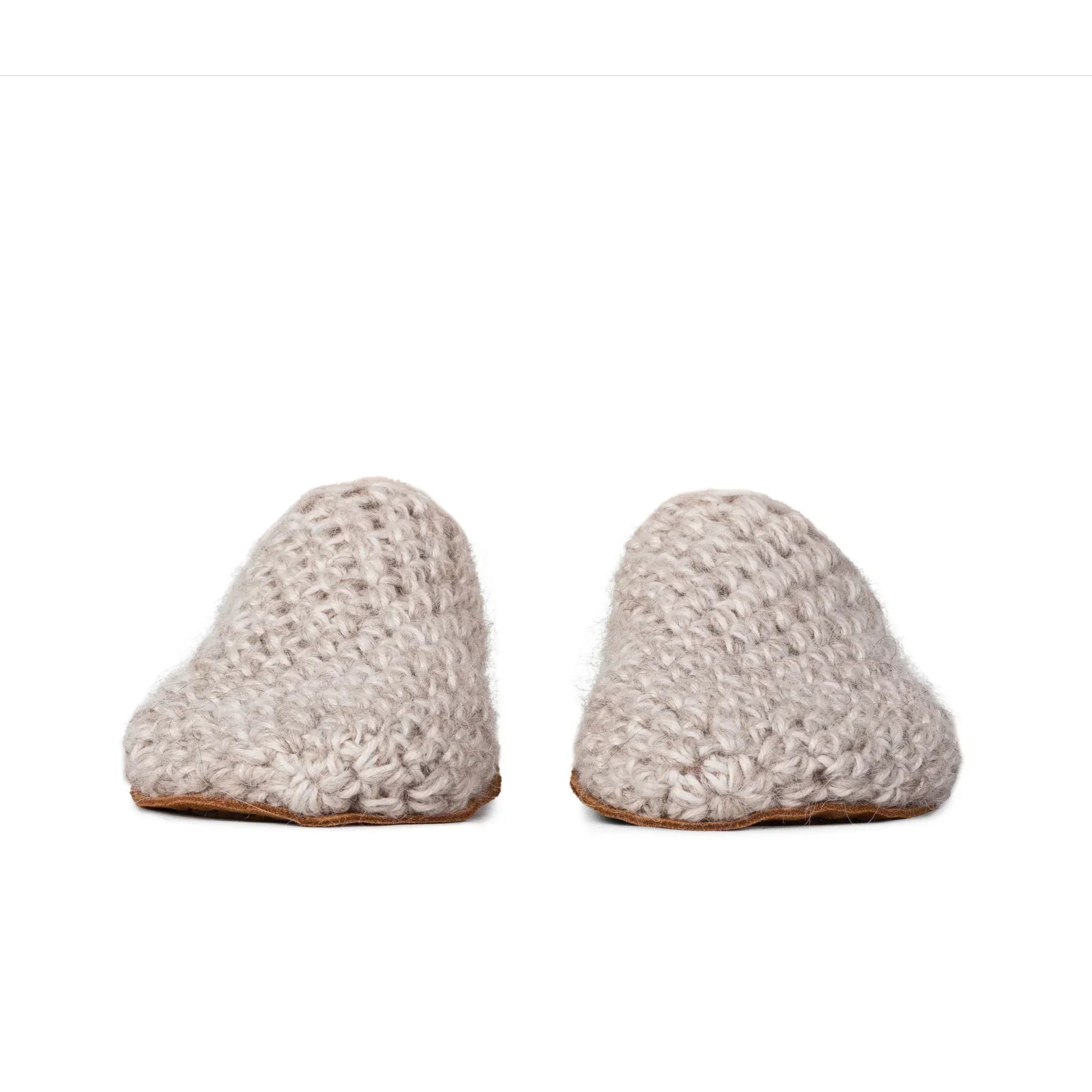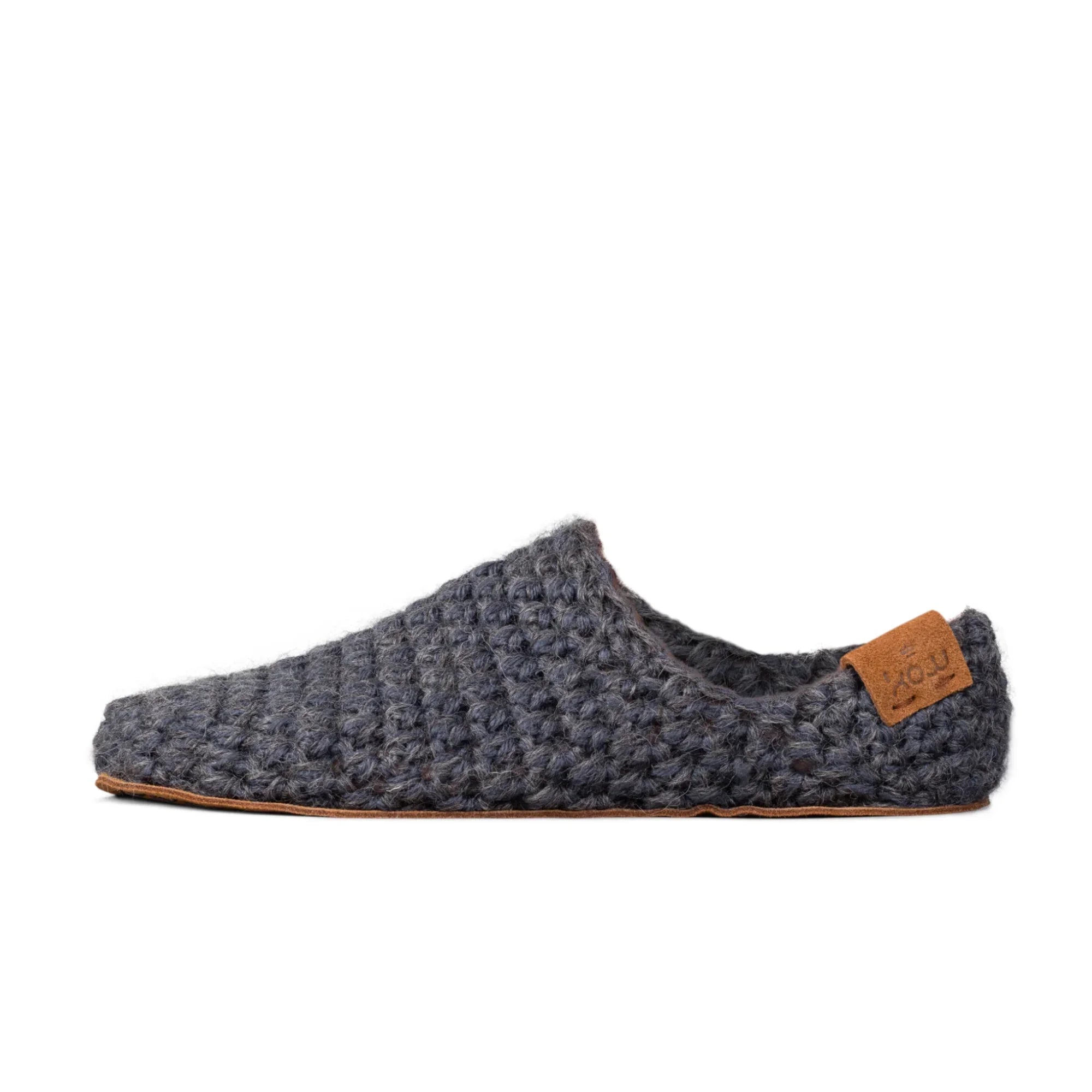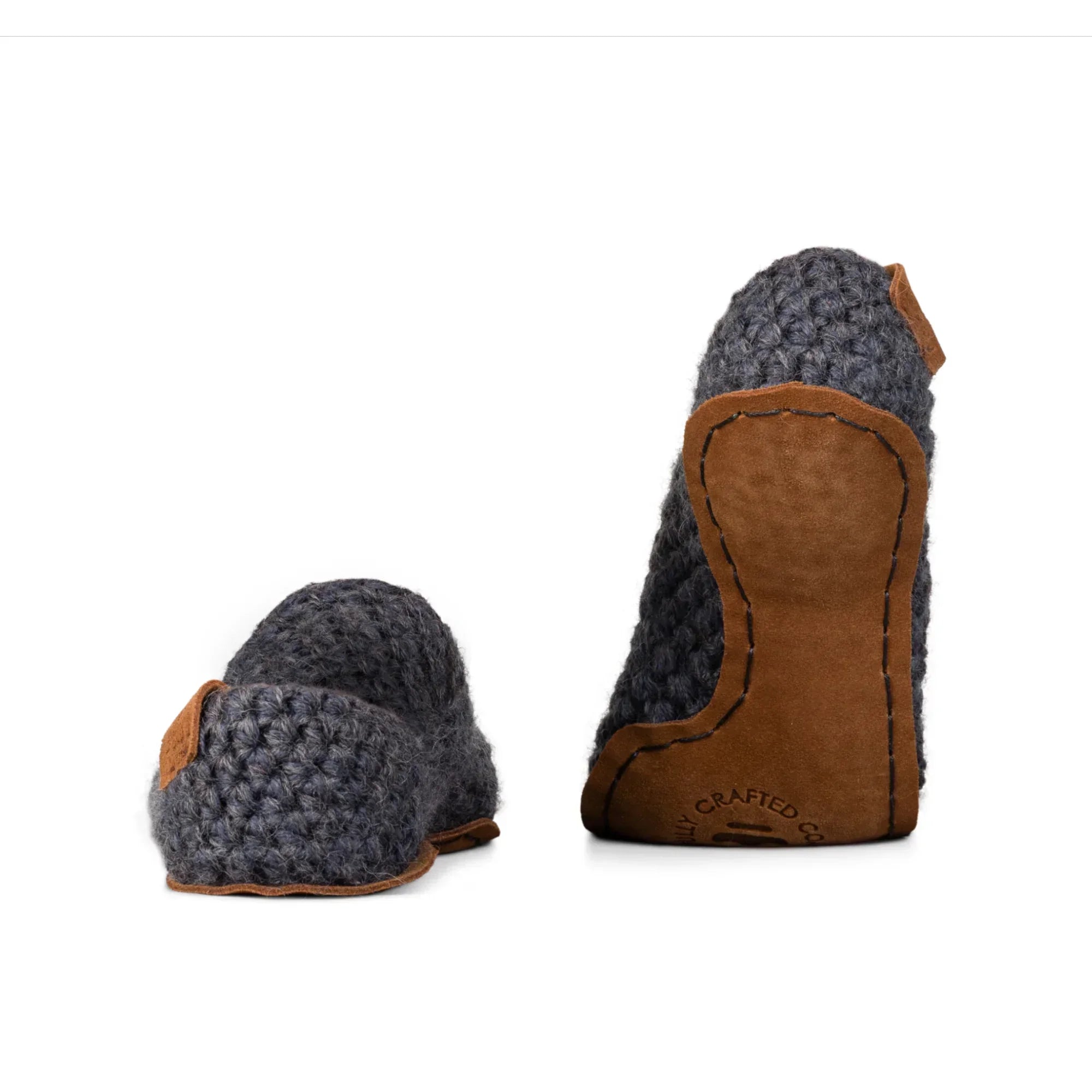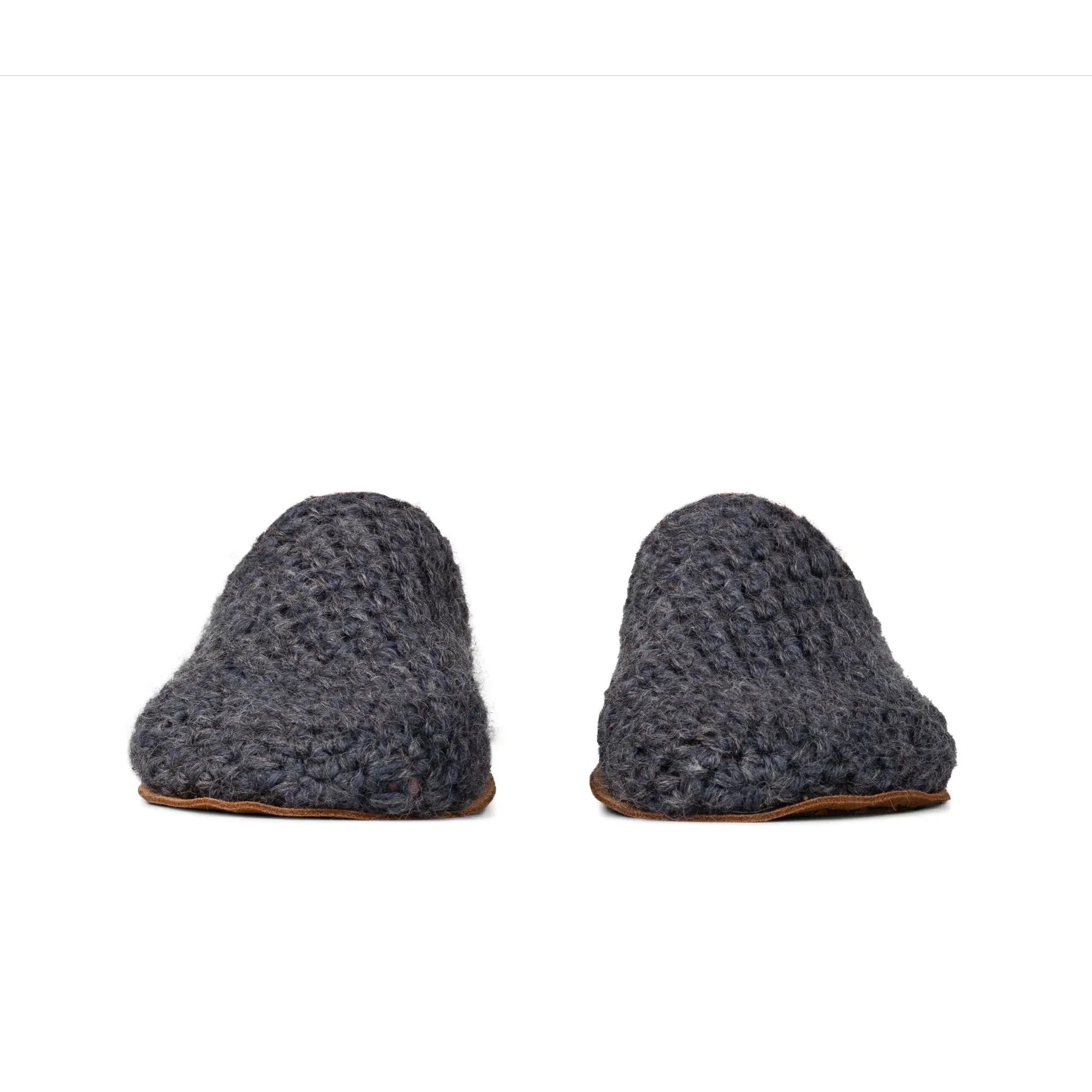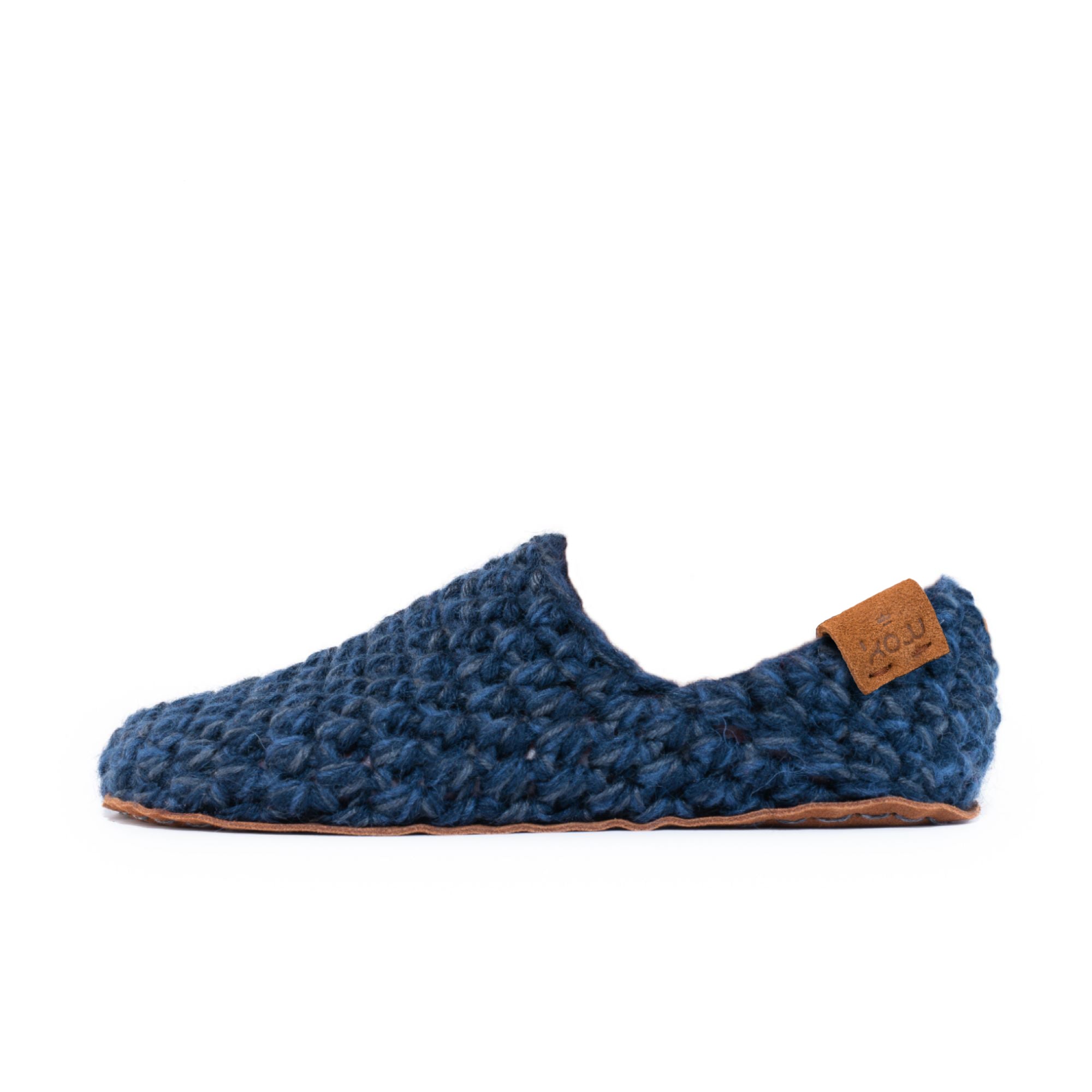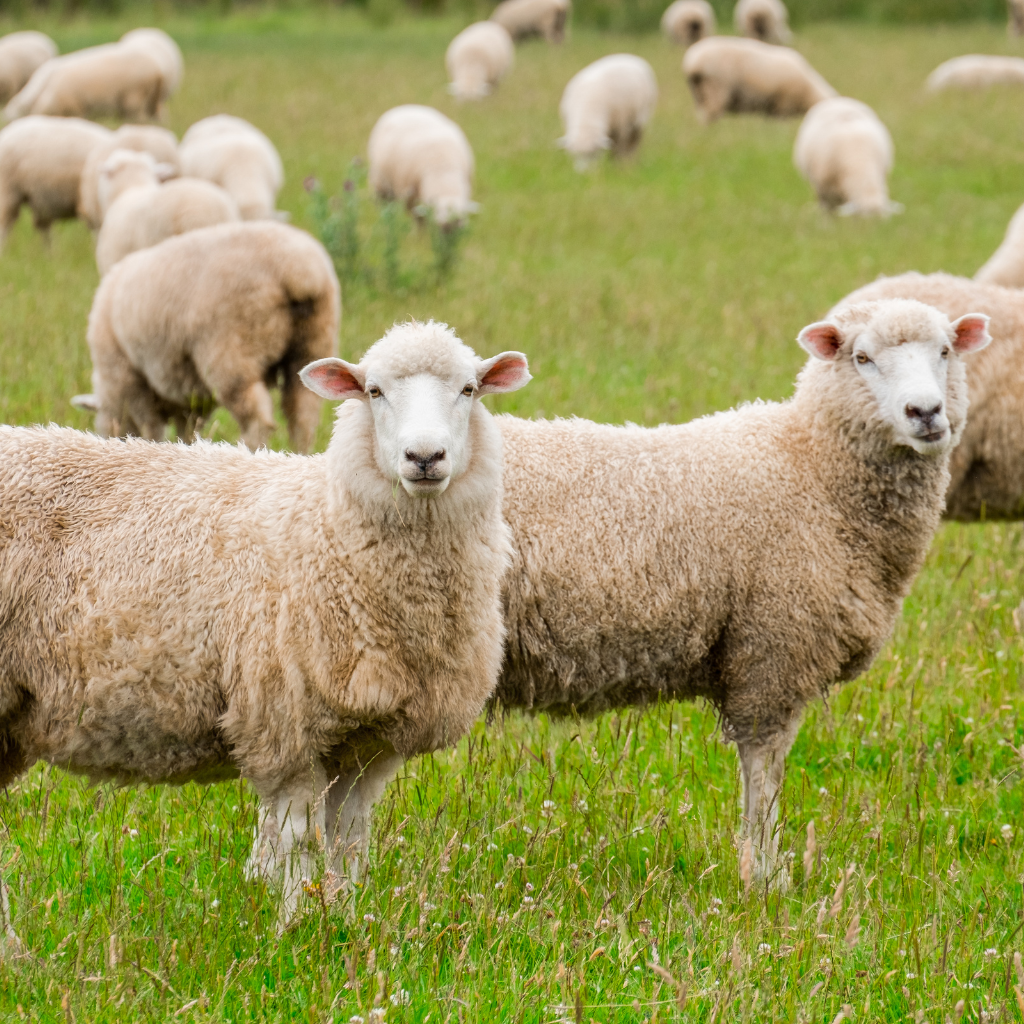
Tread Lightly on the Planet
We believe good design should tread lightly. That’s why our slippers are made from natural materials like wool and leather - designed for durability, and chosen with care. From thread to tread, we work to reduce our impact by avoiding synthetics, minimizing waste, and working with partners who share our values.
Our responsibility doesn’t stop at materials. We carbon compensate every shipment and constantly refine our footprint - from smarter packaging to local sourcing, where possible. This is more than a promise; it’s a practice. One step at a time, we’re building a future where comfort and conscience go hand in hand.
For the World We’re Shaping
Natural Materials
We minimize impact through natural materials and low-footprint craftsmanship.
Carbon Compensated
Protecting tropical rainforest is how we work towards giving back more than we take.
Zero Waste
We transform leather cut-offs into product labels - nothing wasted, everything repurposed.
We’re in the business of footprints, but not the carbon kind. Every year, we track and share our carbon footprint because transparency matters. To keep our impact light, we offset emissions by supporting rainforest conservation in Southern Cardamom, Cambodia.
📄 2024 Carbon Footprint Report
🌿 2024 Offset Certificate
📄 2023 Carbon Footprint Report
🌿 2023 Offset Certificate
📄 2022 Carbon Footprint Report
🌿 2022 Offset Certificate
📄 2021 Carbon Footprint Report
🌿 2021 Offset Certificate
📄 2020 Carbon Footprint Report
🌿 2020 Offset Certificate
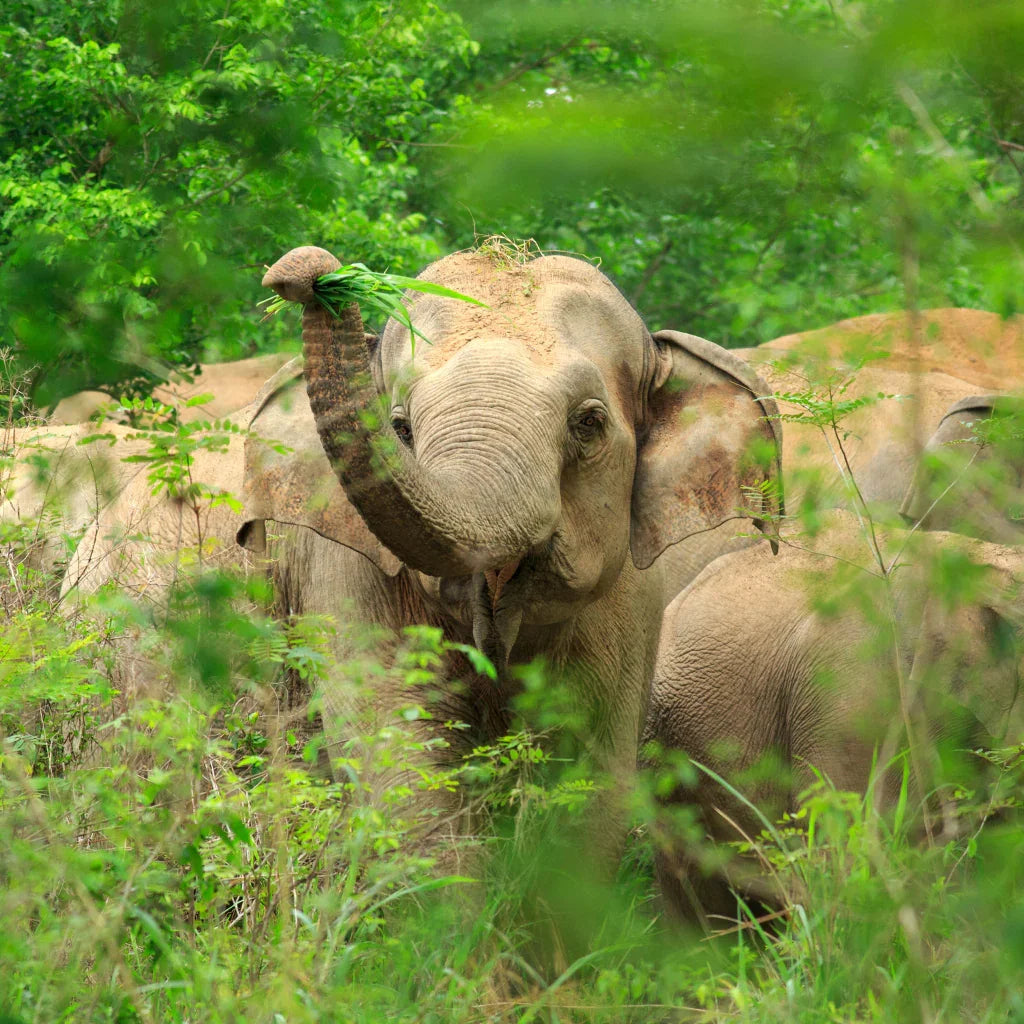
Southern Cardamom REDD+ Project
Protecting over 1.2 million acres of rainforest in southwest Cambodia, the Southern Cardamom REDD+ project helps safeguard one of the world’s most biodiverse ecosystems. This region holds global significance - for wildlife, for climate, and for the communities who depend on it.
Each year, the project prevents nearly 3 million tons of carbon emissions. It’s accredited under the Verified Carbon Standard (VCS) and Climate, Community & Biodiversity (CCB) Standards.
Learn more at Stand for Trees.

